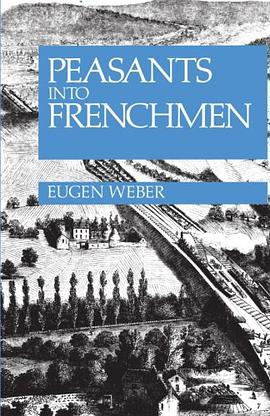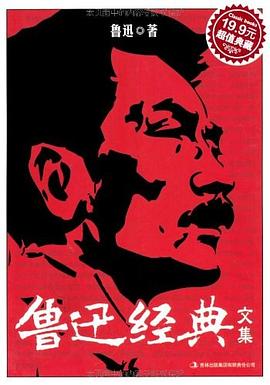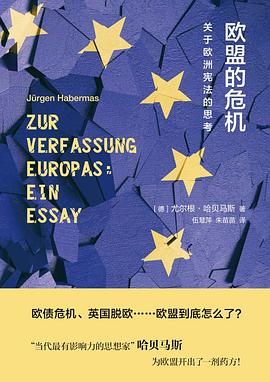Peasants into Frenchmen
内容简介
E.J. Weber examined school records, migration patterns, military service documents and economic trends to argue that until the middle of the Third Republic, a sense of French nationhood was weak in the provinces. Weber then looked at how the policies of the Third Republic created a sense of French nationality in rural areas. The book was widely praised, but was criticized by some historians who argued that a sense of Frenchness existed in the provinces before 1870.
......(更多)
作者简介
E.J. Weber was born in Britain, graduating with a BA in 1950 and an MA from Cambridge in 1954. In 1950, he married Jacqueline Brument-Roth. Weber taught at Emmanuel College, Cambridge (1953–1954) and the University of Alberta (1954–1955) before settling in the United States, where he taught first at the University of Iowa (1955–1956) and then, until 1993, at the University of California, Los Angeles (UCLA). He published a variety of works, in addition to hosting The Western Tradition, a PBS program consisting of his lectures on the Western world.
Weber's main interest was French history. His first book, The Nationalist Revival in France, 1905–1914 was a study of integral nationalism in France in the decade before World War One. Weber was to follow this book with further studies in French fascism and right-wing radicalism in Action Française and Varieties of Fascism. Weber drew a strong distinction between what he considers to be reactionary authoritarian and fascist movements. At a conference in Moscow in 1970, Weber argued that "fascism and communism were not antithetical but frères ennemis".
......(更多)
目录
......(更多)
读书文摘
......(更多)






